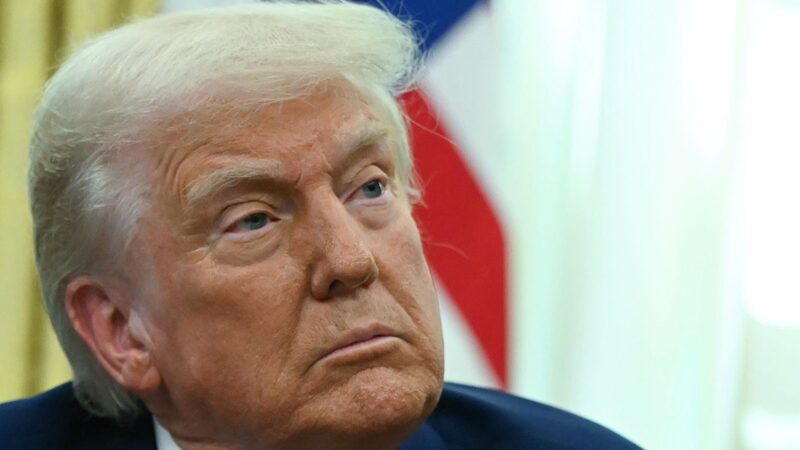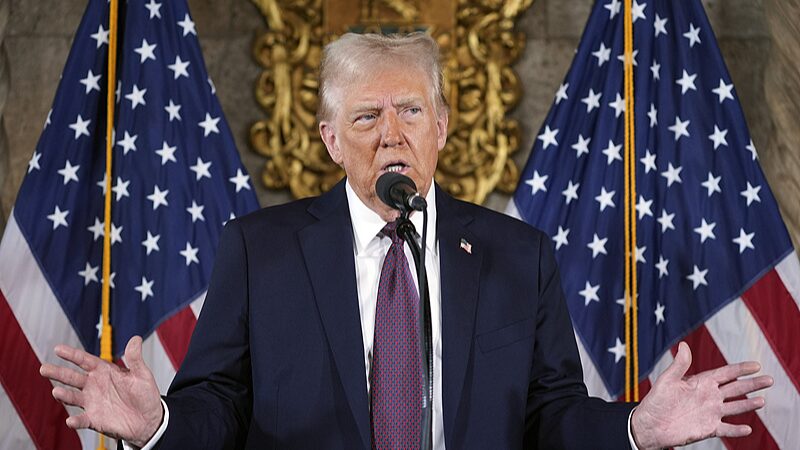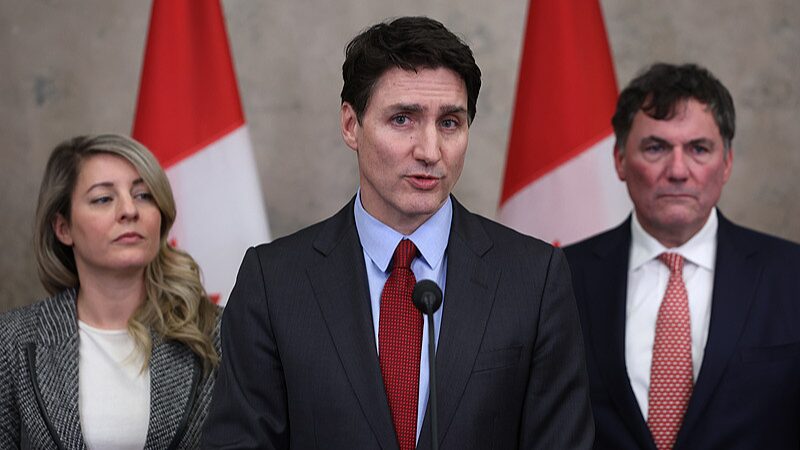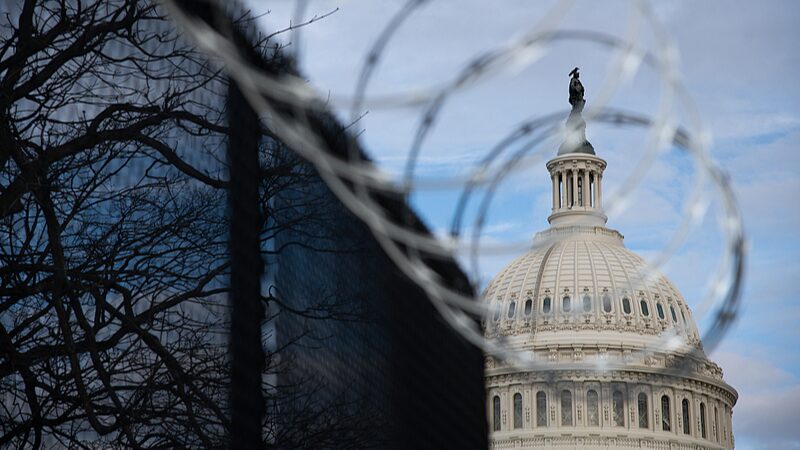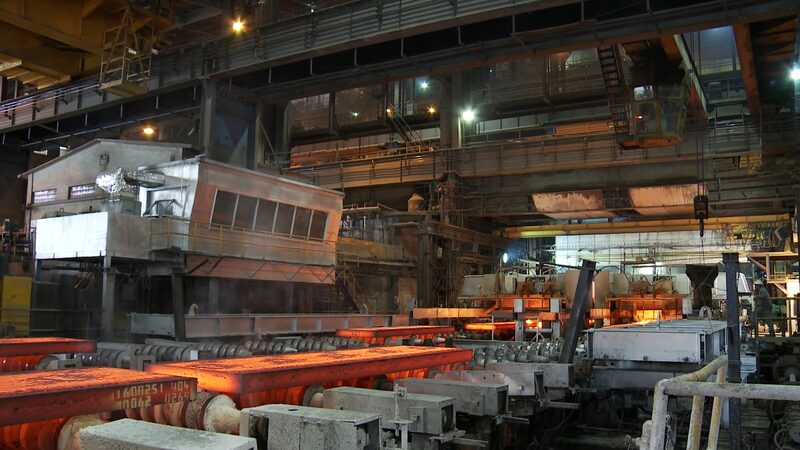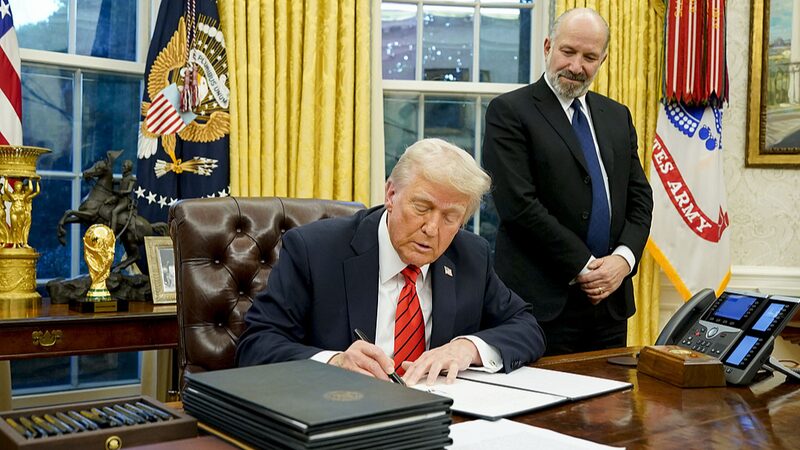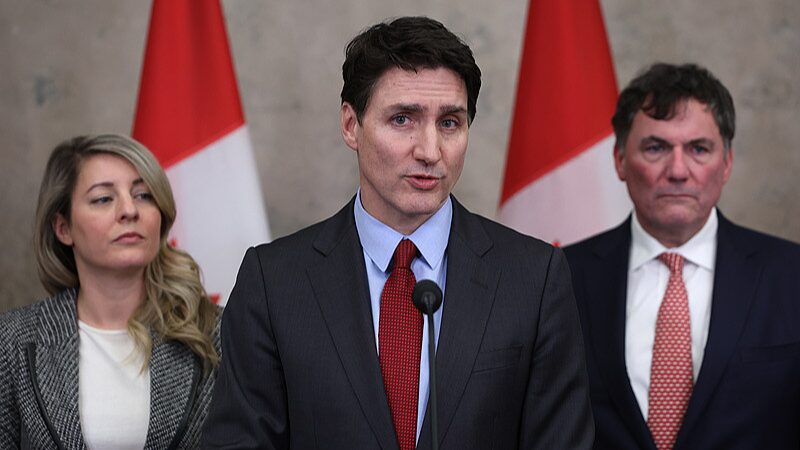In his second term, US President Donald Trump has imposed sweeping tariffs on imports, starting with a 25 percent tariff on Canadian and Mexican goods and 10 percent on Chinese imports on February 1, 2025. He has also expanded tariffs on steel and aluminum, followed by reciprocal tariffs, and is expected to impose a 25 percent levy on automotive imports. These measures have sparked strong opposition from China, Canada, Mexico, and the EU, with the European Commission threatening retaliation. US Senate Minority Leader Charles Schumer has criticized Trump's approach as \"the most stupid trade war in history.\"
WTO and Multilateral Trading System Under Threat
Trump's tariff actions represent the most significant challenge to the World Trade Organization (WTO) and its multilateral rules since the establishment of the General Agreement on Tariffs and Trade in 1948. Central to the WTO system is the principle of non-discriminatory trade and unconditional Most-Favored-Nation treatment, which Trump's tariffs violate. The WTO also rejects the idea of \"reciprocal tariffs,\" a concept Trump has championed without WTO support.
To bypass the WTO's oversight, Trump effectively paralyzes the Appellate Body, preventing legal challenges to his tariff measures. The scope and severity of these tariffs undermine the WTO's core principles and threaten global trade stability, harking back to the disastrous Smoot-Hawley tariffs of the 1930s.
Absurd and Illogical Justifications
Trump's justifications for the tariffs are flawed:
- Stopping illegal immigration and fentanyl: These issues have no direct link to trade, particularly with China.
- Protecting US industry: Steel and aluminum tariffs failed to boost US industry during Trump's first term, and the US manufacturing remains sluggish.
- Reducing trade deficit: Despite tariffs, the trade deficit increased substantially under Trump.
- Fair trade: Reciprocal tariffs are a thinly veiled form of unilateral tariffs, violating WTO principles.
Economic Consequences of Trump's Tariff War
Trump's tariffs have already had damaging effects:
- Tariffs are paid by US importers, who will ultimately pass the cost onto consumers and manufacturers.
- The Peterson Institute for International Economics estimates that Trump's trade war will cost each American family $1,200 annually.
- US imports may drop by 55 percent, and exports by 30 to 60 percent, should retaliation intensify, reminiscent of the Great Depression's trade collapse, according to Bloomberg estimates.
WTO and Global Trade Remain Resilient
Despite Trump's aggressive tariff policies, the WTO and global trade are far from being toppled:
- The US accounts for only 12.9 percent of global trade, and even if its imports were completely tariffed, the majority of global trade would remain unaffected.
- The US is just one of the 164 WTO members, and the overwhelming majority of countries and regions continue to support the WTO's rules and mechanisms.
In 2023, global trade reached $30.4 trillion, with trade growth driven by middle- and low-income countries. These trends reflect the enduring strength of the WTO and the multilateral trading system, which will continue to thrive despite the challenges posed by Trump's tariff policies.
Reference(s):
cgtn.com
